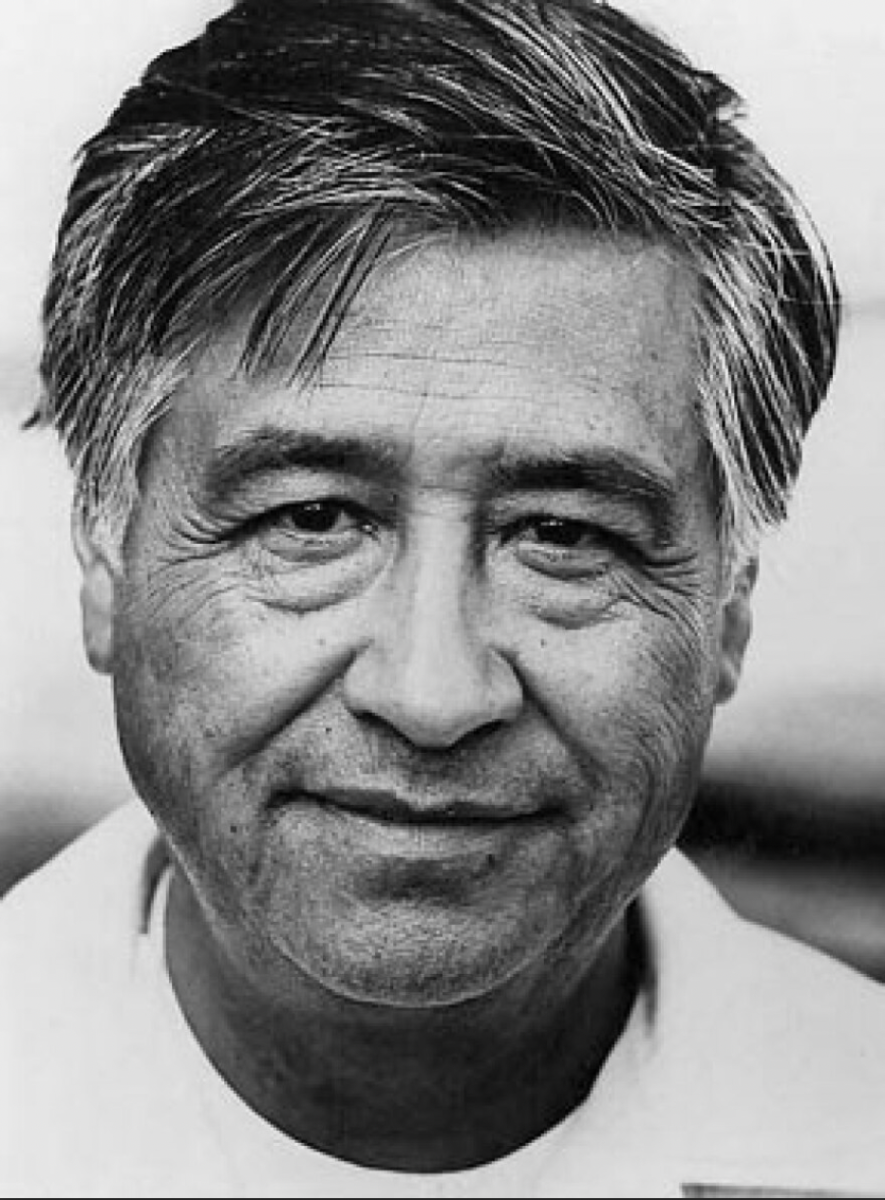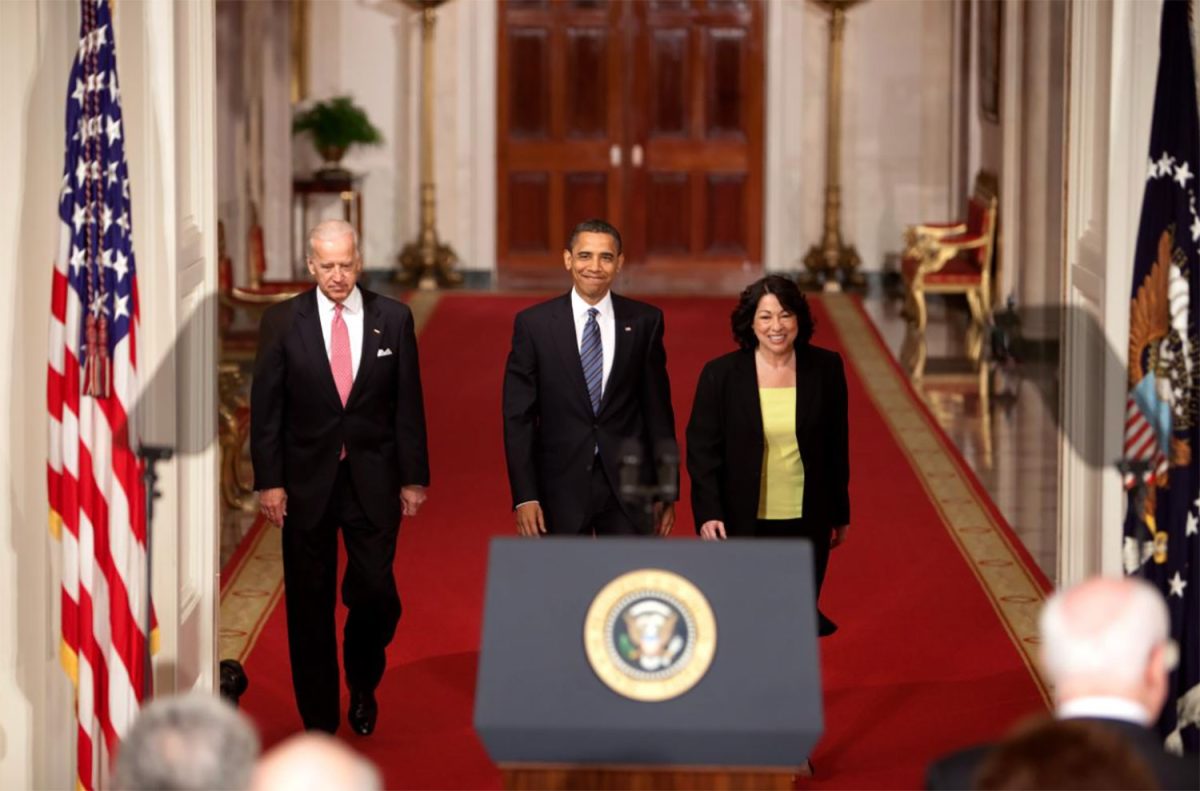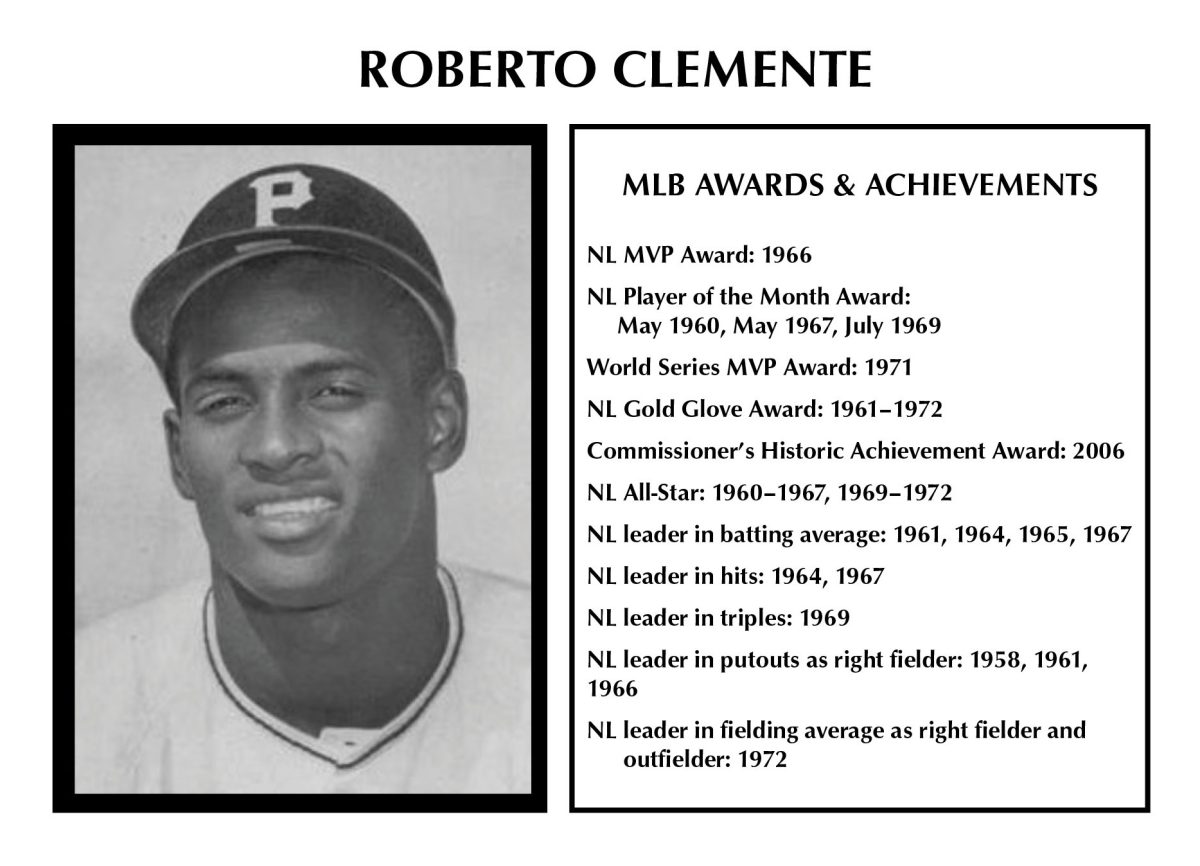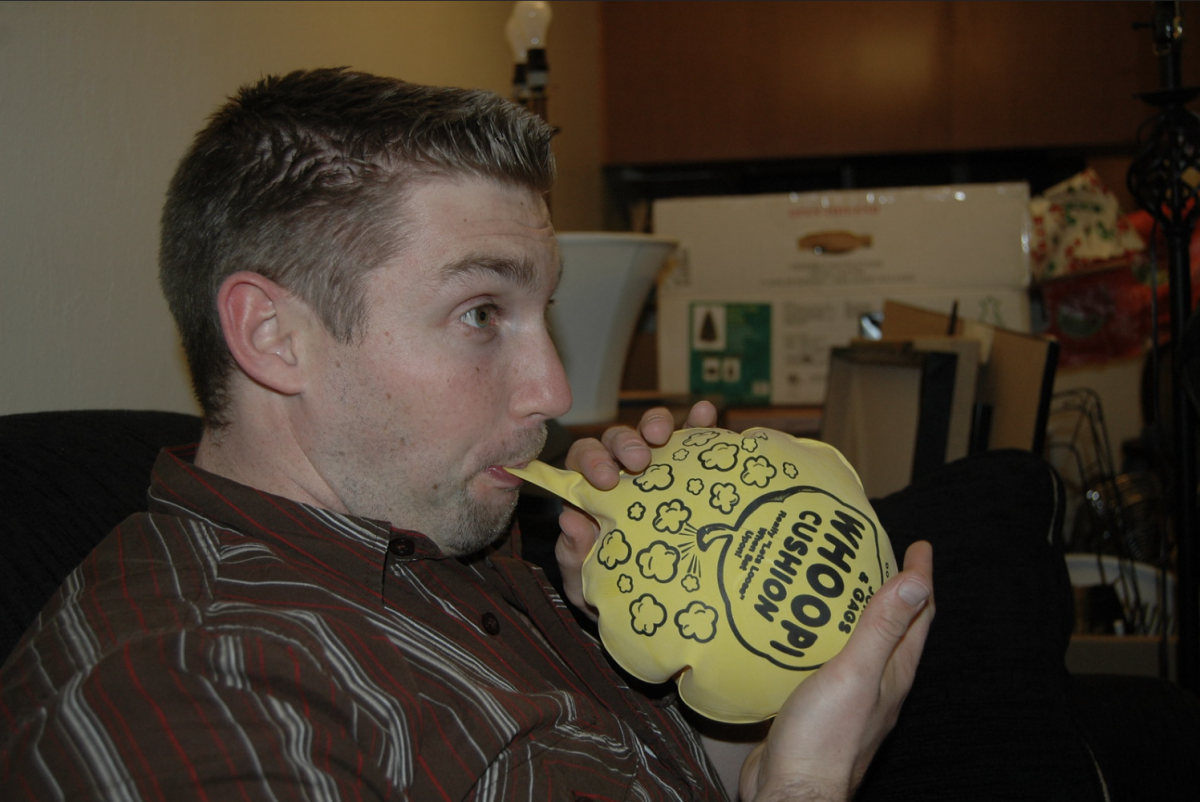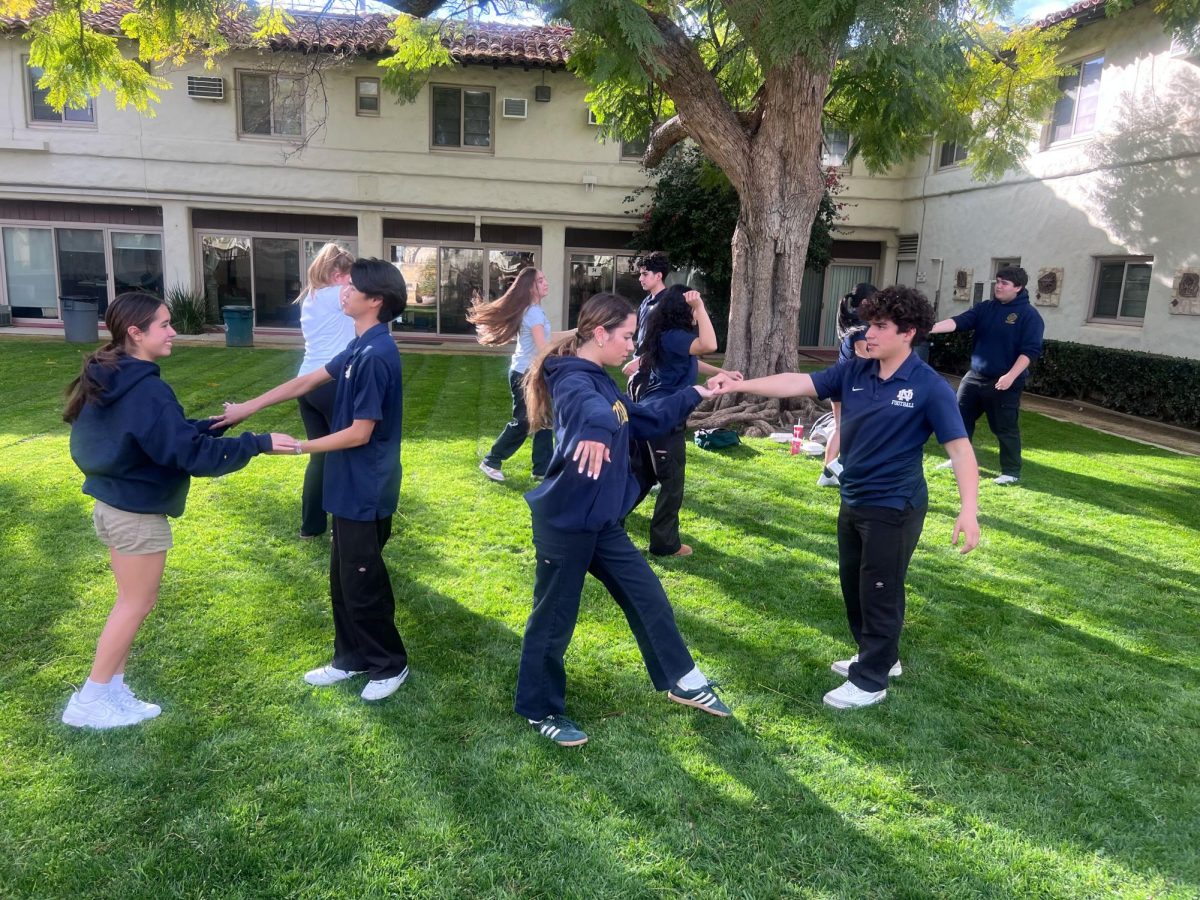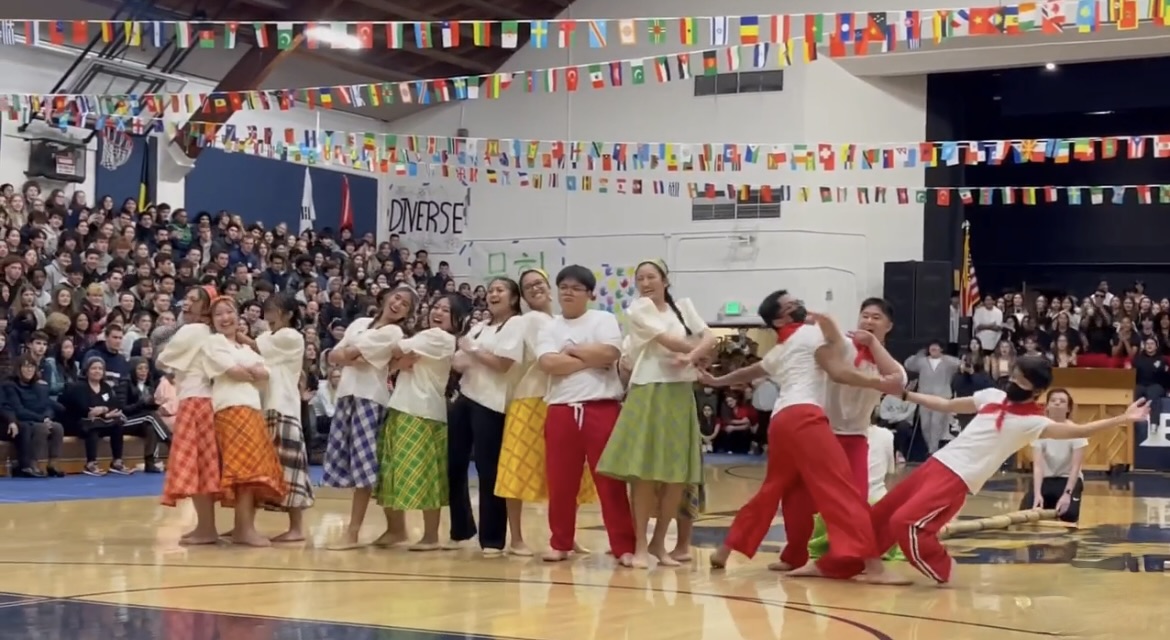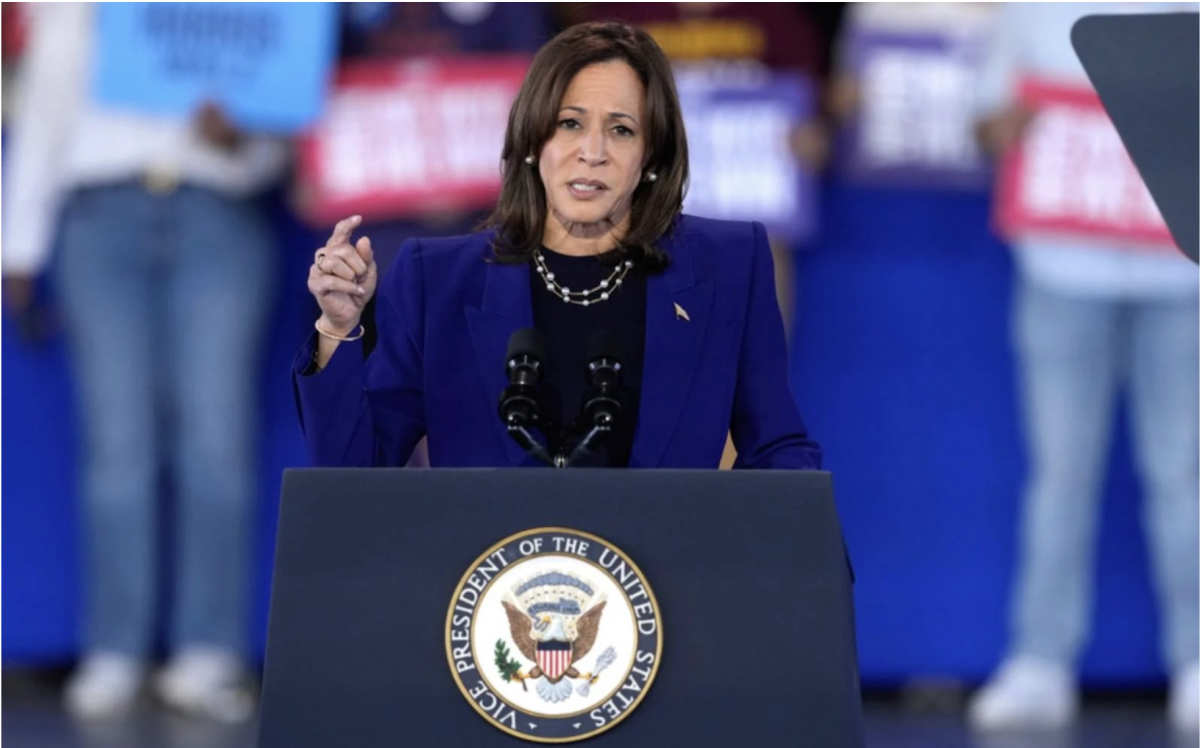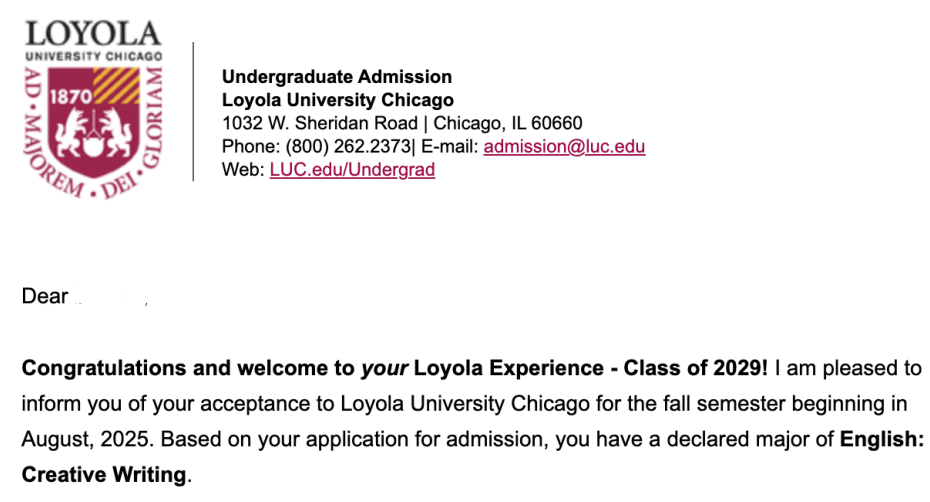Cesar Chavez is one of the most recognized Hispanic figures of all time, yet many people do not know the lasting effect his actions had on the Latino community. “I knew him as someone who tried to help the migrant workers,” said Brendan Jeffcoat ‘28.
Chavez was born in 1927 to a Mexican-American family in Yuma, Arizona. After his
family home was sold in 1939, Chavez and his family moved to California and faced great
racism, injustice, and ridicule because of their poverty.
Two years after he graduated high school in 1942, Chavez enlisted in the United States
Navy, and ultimately reached the rank of seamen first class before he was honorably discharged
in 1946. After returning home and settling in Delano California, Chavez met social justice
activist Fred Ross, and helped him establish a chapter of the Community Service Organization
(CSO) in San Jose.
In April of 1962, Chavez partnered with Dolores Huerta to form the United Farm Worker Association (UFWA). The UFWA would participate in several protests, boycotts, and marches
that helped unite those affected by the exploitation of farmworkers, and inspired others to realize
that they deserved to be treated with dignity and respect.
Notable examples of these protests include the 1965 Delano grape strike, which demanded higher wages, the 300 mile march from the Mexican border to Sacramento, which drew attention to the cause of equal rights, and Chavez’s 25 day fast in 1968, which represented Chavez’s commitment to peaceful protest.
Chavez’s efforts later paid off, as the first union contracts for farm workers were signed on July 29, 1970, and are still in effect today. Chavez was eventually awarded the Presidential Medal of Freedom by Bill Clinton, in the year after his death in 1993.
Despite being despised by many growers, Chavez gained an immense amount of support and love from ordinary people, celebrities, and even government officials, due to his humble, spiritual, and family-oriented qualities. When asked about these qualities, sophomore student Maxwell Meek referred to Chavez as “an upstanding man that stood up for what he believed was right.”
Cesar Chavez had a great and lasting impact on the Hispanic community. Not only did he fight for what was right, but he reminded us that anything is possible through his phrase “sí sepuede,” or “Yes we can!”

